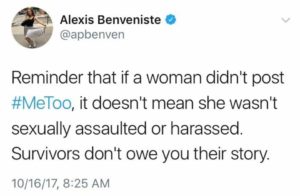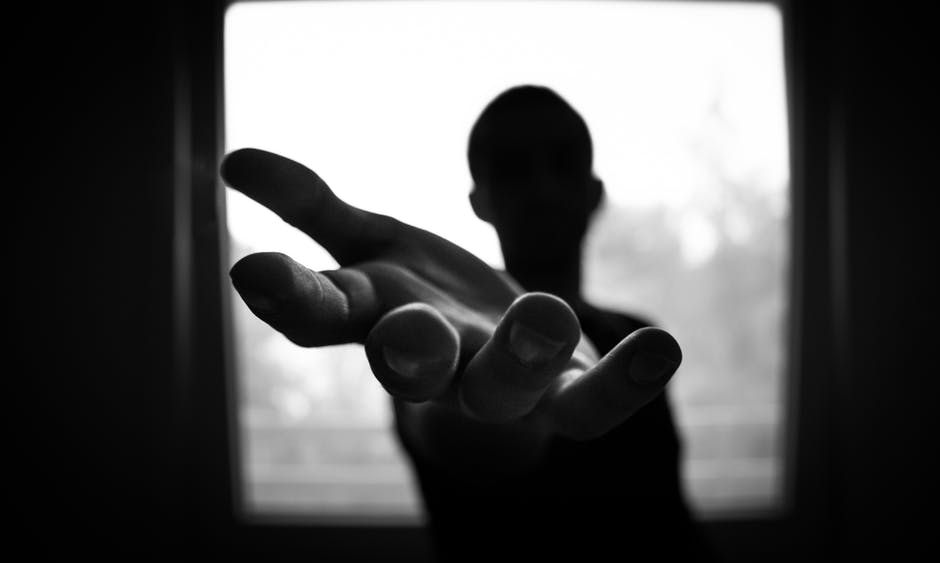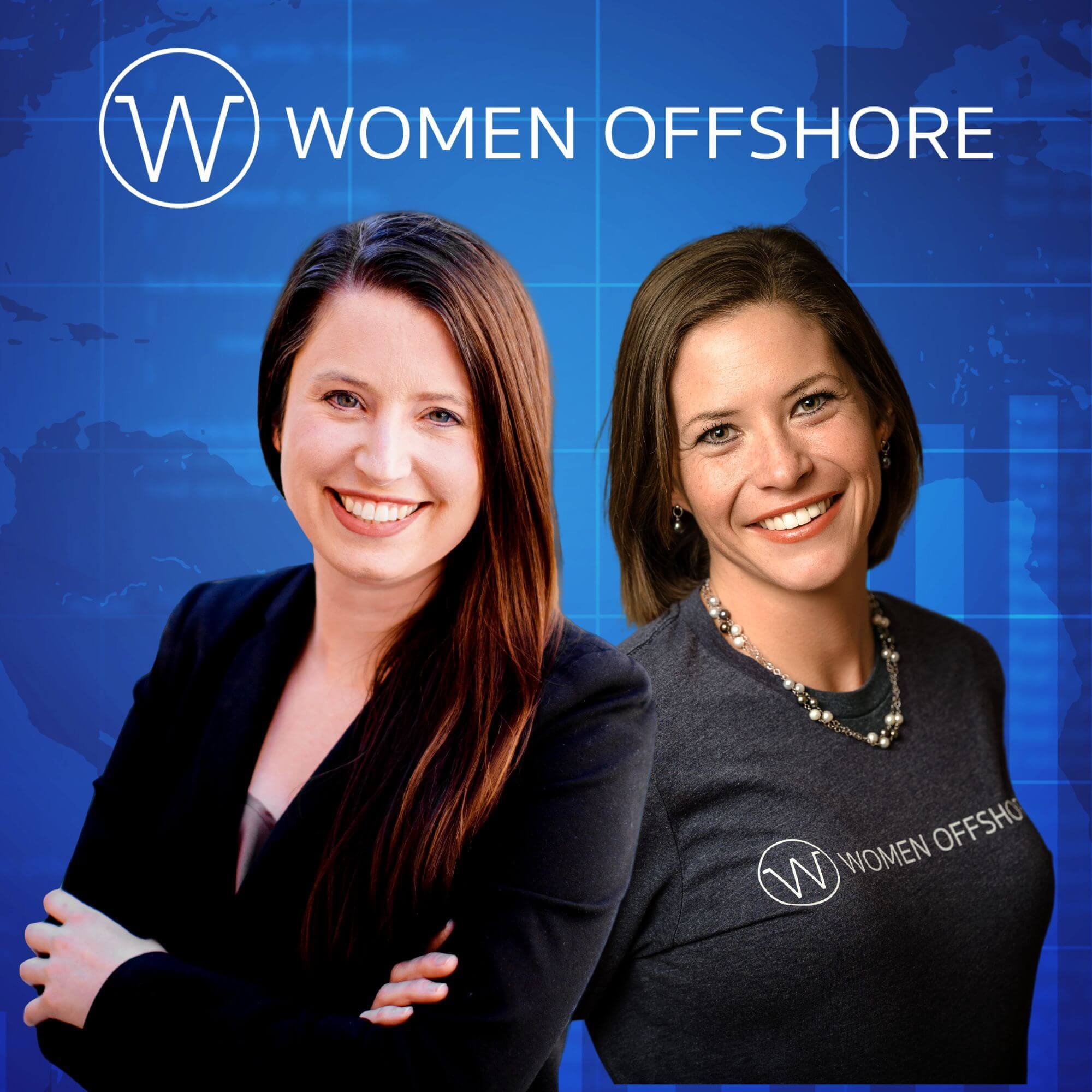Unless you’ve been living under a rock this past week, you’ve been bombarded with the latest viral, social media hashtag, #MeToo.
This social media hashtag was in response to verbal coercion, sexual harassment, and rape allegations of film producer and co-founder of Miramax Film Studios, Harvey Weinstein. Most recently, the #MeToo campaign has ignited a firestorm of not only support but a platform to display the magnitude and prevalence of occurrence. A platform in which those victims’ voices may ring out, in a booming chorus of solidarity.
#MeToo in maritime is nothing new.
Decades of fed-up and abused victims, young and old, have found that strength to stand up and speak out. Tragically and almost cyclically, this insidious, pervasive mentality of abuse returns to pollute life’s beautiful moments – once again, becoming the ‘new normal.’ How can all of the pain, suffering, and complete immorality of these instances be so incredibly prolific and habitual throughout our societal psyche, time and time again?
“The group leader, a man in his 40s, asked anyone in the room of 200 or so people who’d been sexually or physically abused to raise their hands. Six or seven hands tentatively went up. The leader instructed us to close our eyes, and asked the question again. Then he told us to open our eyes. Almost every hand in the room was raised.” [1]
This hashtag resonated with men and women of all genders, ages, and races all over the world, inspiring many to re-post it as the lone comment on their social media statuses.
Yet, amidst the thrum of hashtags – there was a void. That void was filled by the silence of those victims who struggled to publicly display their pain.

Photo Source
“Yet I found that I couldn’t say it… I just…somehow…feel like my experiences weren’t ‘bad enough” to say #MeToo. I’ve mostly recovered from all of this. I don’t think about any of it too often or feel too deeply affected by any of it long-term. I don’t feel like a victim. And because I don’t feel like a victim, I struggle to call my experiences what they really are: indecent exposure to a child, assault, rape, abuse.
I feel guilty using those words. I feel like I’m being dramatic. Or desperate to be part of a conversation for attention. I feel like I’m exaggerating.
And I truly, in my heart, can’t figure out if I am. But I do know this: my attitude, my feelings, and my self-doubt are part of the problem. I consider myself to generally be a strong, educated, feminist woman with a decent platform where my voice can be heard. Yet I have trouble identifying these things, and further excuse them when they happen to me. That’s not good. It doesn’t have to be “bad enough” for it to count.” [2]
But, this feels different, doesn’t it? This time. This time feels different.
Just maybe, with the ever-powerful and influential social media platform as a springboard, those once-silent voices of the abused can find wings to cross thresholds of lips and be amplified into deafening crescendos of change. Change for sexual harassment offshore.
Just maybe, this time, it will be different.
Next week, in response to the #MeToo movement, Women Offshore follows up this post with an interview of one man’s unfeigned and raw, apologetic admission of guilt.
Sources:
[1]– Gilbert, Sophie. “The Movement of #MeToo.” The Atlantic, October 16, 2017.
[2] – Ruckh, Veronica. “Literally, Why Can’t I Say #MeToo?” Total Sorority Move, October 17, 2017.







I really love this, Lauren. It captures such an expansive view of what this movement provoked. A lot of the points you touched on really resonated with me. I appreciate you tackling this topic and I truly do hope it will be different.
We hope it will be different too, Julie <3